In this edition:
• Commissioner’s message
• Aged care reforms update
• Food, nutrition and dining
• Clinical update
• Webinars
• Governing for reform
• Training and resources
Read more:
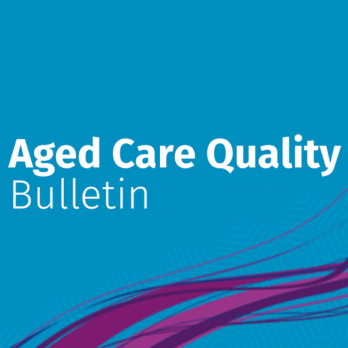
In this edition:
• Commissioner’s message
• Aged care reforms update
• Food, nutrition and dining
• Clinical update
• Webinars
• Governing for reform
• Training and resources
Read more:
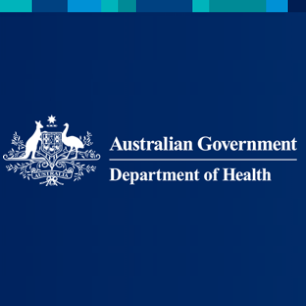
Sector news:
• National Palliative Care Week 21-27 May
• Webinar: Digital Transformation Tech Talk
• Reminder: Digital Maturity National Survey
• Governing for Reform in Aged Care: Podcast season 2 now available
• Clinical alert: Hot water scalding
For residential care providers:
• Webinar: 24/7 registered nurse responsibility for residential aged care
• Increased funding and care minutes changes in residential aged care
Read more:
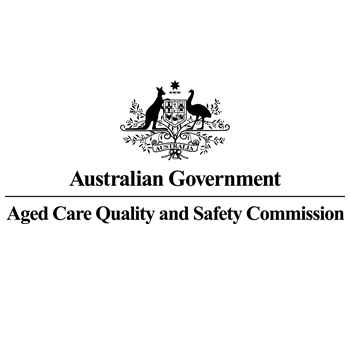
This alert follows an incident in NSW where a person receiving personal care from a disability services provider suffered severe burns (scalds) while being bathed and subsequently died from their injuries.
Key points:
Providers must ensure there is clear oversight of staff, and that they receive appropriate education and training to safely provide personal care, such as bathing and/or showering.
Those providing direct care need to:
• always check the water temperature
• know the immediate response required to treat a scald/burn
• apply immediate and appropriate first aid treatment
• understand when to seek medical attention and/or seek emergency treatment.
Read more:
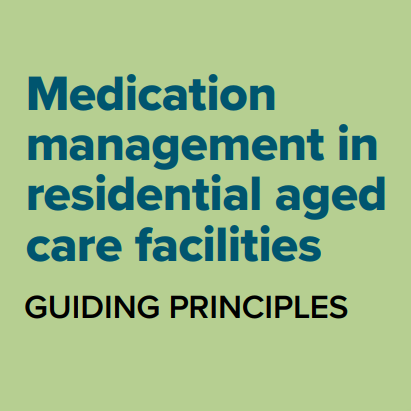
The Department of Health & Aged Care have released updates to the Guiding principles for medication management in residential aged care facilities documents:
They have released updated and/or new guides on:
1. Guiding principles for medication management in residential aged care facilities (.pdf)
2. User Guide – Role of a Medication Advisory Committee (.pdf)
3. Fact Sheet – Achieving continuity in medication management (.pdf)
4. Audit tool and checklist for a Medication Advisory Committee (MAC) (.pdf)

Dr Melanie Wroth MB BS, FRACP
Chief Clinical Advisor
This alert is in response to a recent Coronial report from Tasmania where an aged care resident was severely injured and subsequently died from a fall due to hoist failure.
I would like to remind providers of their obligations to ensure there is clear oversight for maintenance checking and servicing of equipment used in aged care.
Records of maintenance schedules should be kept for all equipment. It should also be clear who is responsible to monitor checking dates, arrange for checking/servicing of equipment according to manufacturer recommendations, scheduling technician visits, and ensuring that follow up actions occur.
Specific use limitations must also be adhered to e.g. weight or load limits.
Read More:
Clinical Alerts: The importance of preventing equipment failures

A list of new and updated resources – including apps, audio and video resources and other publications – about aged care.
Read more:
Quarterly Financial Report webinar video – December 2022 (video)
Government Provider Management System (GPMS) fact sheet (.pdf)
Business to Government (B2G) fact sheet (December 2022) (.pdf)
Consent requirements for the use of restrictive practices in residential aged care (.pdf)
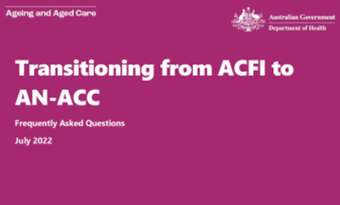
As the Department of Health & Aged Care continue to release further details and documents on AN-ACC we will continue to update these here for you.
They have released updated and/or new guides on:
1. The Australian National Aged Care Classification (AN-ACC) funding guide (.pdf) – 22 DEC 2022
2. AN-ACC assessments dashboard (.pdf)
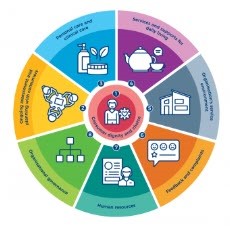
The following aged care sector performance information includes statistics about residential aged care and home services.
The performance information includes data from the Commission’s aged care quality regulatory and complaints functions.
Residential care sector – Top 5 complaint issues:
1. Medication administration and management
2. Personal and oral hygiene
3. Representative/family consultation
4. Personnel number/sufficiency
5. Falls prevention and post fall management
Residential care sector – Most frequently cited requirements where non-compliance was found:
1. 3a – Safe and effective personal and clinical care
2. 8c – Effective governance systems
3. 3b – High impact or high prevalence risks managed effectively
4. 8d – Risk management systems and practices
5. 7a – Number and mix of workforce
6. 2e – Regular reviews of care and services
7. 2a – Assessment and planning informs safe and effective services
8. 8e – Clinical governance framework
Read more:
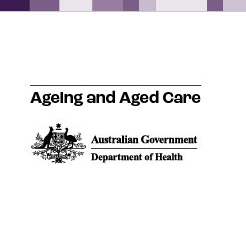
Please see the below updates relating to Queensland Residential Aged Care facilities.
Voluntary assisted dying
From 1 January 2023, voluntary assisted dying will be available in Queensland.
This letter from Tricia Matthias, Project Executive Director, Voluntary Assisted Dying Implementation, Queensland Health, outlines residential aged care providers’ obligations under the Voluntary Assisted Dying Act 2021.
Read more:

Updated Schedules
Updated Schedules of fees and charges for Residential and Home Care will apply from 1 January 2023 for care recipients who started care:
• on or after 1 July 2014
• before 1 July 2014
Quarterly review
Services Australia’s quarterly review of Residential and Home Care fees will take effect from 1 January 2023, updating care recipients’ fees to align with any changes in their financial circumstances.
The quarterly review will take place on 14 15 January 2023. The online claiming system for Home Care will be unavailable from 8pm Friday 13 January to 8am Monday 16 January as quarterly review tasks are undertaken.
Read more:
January 2023 indexation: Updated Schedules, quarterly review and change to MPIR
Management Advantage
Suite 2, 430 Rae Street
Fitzroy North
VIC 3068
1300 62 62 32
info@manad.com.au